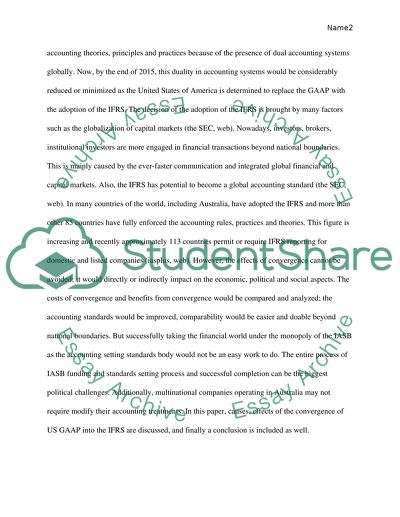Cite this document
(“Accounting theory: comparability Essay Example | Topics and Well Written Essays - 2250 words”, n.d.)
Retrieved from https://studentshare.org/finance-accounting/1416406-accounting-theory
Retrieved from https://studentshare.org/finance-accounting/1416406-accounting-theory
(Accounting Theory: Comparability Essay Example | Topics and Well Written Essays - 2250 Words)
https://studentshare.org/finance-accounting/1416406-accounting-theory.
https://studentshare.org/finance-accounting/1416406-accounting-theory.
“Accounting Theory: Comparability Essay Example | Topics and Well Written Essays - 2250 Words”, n.d. https://studentshare.org/finance-accounting/1416406-accounting-theory.


